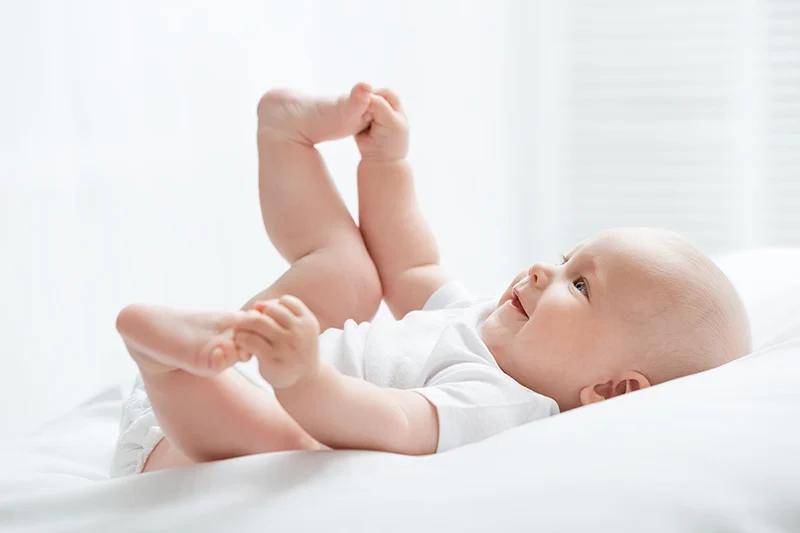Let’s get one thing out of the way: I’ve recently found myself glued to videos of Donald Trump’s rallies and interviews. And no, it’s not about politics. I’m on a quest to uncover the man behind the bravado, examining his body language and analyzing his word choices. My binge-watching spree has also led me to dive into his early family background in search of insights that could explain his larger-than-life persona. Spoiler alert: I think I’m onto something.
I stumbled upon a fascinating tidbit about Donald’s father, Fred Trump. It seems he had a singular mantra when it came to parenting: the worst fate imaginable was to be “a nobody.” Now, let’s not be too harsh on Fred, who passed away nearly two decades ago. He wasn’t the only influence in Donald’s life; he had a mother, extended family, and a neighborhood that all played a part in shaping him.
But if “Don’t end up a nobody” was the defining lesson of Donald’s childhood, that’s a curious principle to instill in a kid. Following that advice means always striving to be noticed, to achieve, and to avoid admitting mistakes. It sounds utterly exhausting, doesn’t it?
As someone close to Donald’s age, I find myself reflecting on life and what truly matters. Recently, I was reminded of a pivotal experience I had in a high school auditorium in Buffalo with my friend, Lisa. We attended a lecture by Elisabeth Kübler-Ross, the renowned psychiatrist who dedicated her life to studying death and dying. At the time, our lives were brimming with young children and healthy parents, so the topic seemed distant.
Kübler-Ross, then in her late 50s, shared insights from her countless conversations with terminally ill patients. She said, “Never, in those many, many conversations, have I ever heard someone say, ‘I wish I’d had more money’ or a bigger house.” She paused and added, “But too many times, I hear them wonder why their children don’t visit or why they feel so alone.”
In stark contrast to Trump’s “nobody” ethos, my dad was a quintessential “somebody” in our small world. Outside our family and neighborhood, he was virtually unknown. He was a devoted father, a dedicated worker, and a supportive husband. He never needed to flaunt his accomplishments; in fact, he found joy in simple interactions, often smiling through conversations with those he could have easily dismissed.
When he passed away peacefully in his sleep, I was surrounded by friends and family who shared stories that left us laughing through our tears. I still remember the moment when our neighbors—three familiar faces who had watched my siblings and me grow—came to pay their respects. They were tough guys, retired from the NYPD and FDNY, known for their stoicism. Yet, that evening, they cried, offering a silent tribute to a man who might have been considered a “nobody” by some standards. It was a beautiful moment that would have left Fred Trump scratching his head, perhaps even perplexed by the emotions of those who knew my dad as something more than mere titles.
If you’re intrigued by the complexities of family influence and the journey of personal identity, check out our other blog posts, like this one on how family can shape us.
In summary, our upbringing plays a critical role in shaping who we become, often in unexpected ways. While some chase the notion of success defined by external validation, others find meaning in relationships and shared experiences.
